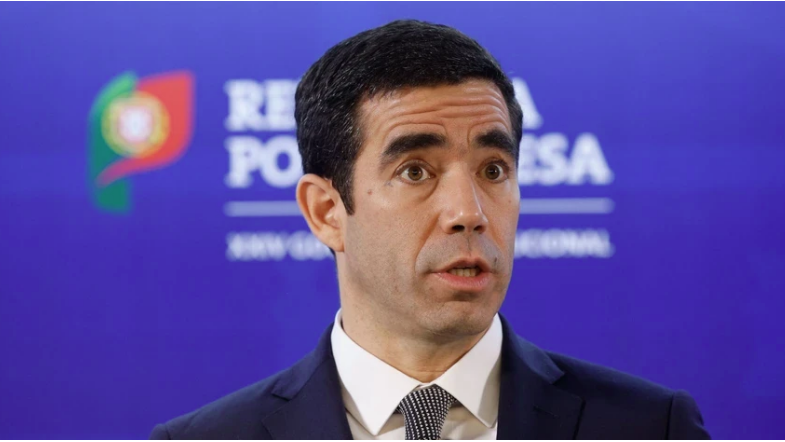At the time, European Commission President Jean-Claude Juncker, questioned over the differential treatment being given to Paris, said that the country could infringe targets “because it’s France.”
But upon unveiling Brussels’ Interim Winter Economic Forecast, Commissioner Pierre Moscovici, who is French, was full of praise for Portugal.
He termed the performance of Portugal’s economy during the course of 2017 as having been “remarkable”, after it grew by an estimated 2.7 percent.
Moscovici further described these latest figures as being “solid and robust”, and emphasised that Portugal has successively performed above economic forecasts.
“Portugal is in a spectacular recovery, but it is not yet one of the seven biggest economies in the euro zone,” the Commissioner for Finance and Economic Affairs said.
Latest available official figures also showed recently that Portugal was the country that enjoyed the best economic performance between July and September in the eurozone.
The acceleration of the economy confounded experts, who had forecast substantially lower growth and had even issued warnings of potential troublesome times ahead.
But speaking after these economic figures were released, Finance Minister Mário Centeno, who now also chairs the Eurogroup of Finance Ministers, noted that 127,000 jobs had been created since the beginning of the year. He also recalled that this was in stark contrast to 12 months ago, when 75,000 jobs were lost in the second half of 2015.
Overall, growth rates for the euro area and the EU also beat expectations last year as the transition from economic recovery to expansion continues. The euro area and EU economies are both estimated to have grown by 2.4 percent in 2017, the fastest pace in a decade, and slightly below that which was recorded here in Portugal.
Pierre Moscovici added that “the euro area is enjoying growth rates not seen since before the financial crisis. Unemployment and deficits continue to fall and investment is at last rising in a meaningful way.”
These figures were followed by news on Thursday that Portugal’s unemployment rate for 2017 was fixed at 8.9 percent, down 2.2 percent on the previous year, and even better than the government forecast rate of 9.2 percent.
Labour and Welfare Minister José Vieira da Silva, welcomed the latest figures and was quoted as telling Lusa News Agency that these numbers were “very positive and encouraging for the future”.
He stressed in particular the “very significant” reduction in long-term unemployment in recent months, as well as the fact that employment has been increasing by more than unemployment is falling, which he attributed to the fact that the active population is increasing and that the country has a greater capacity to create wealth.
EU hails ‘remarkable’ Portugal
in News · 08 Feb 2018, 13:10 · 2 Comments










Portugal has made a good economic recovery, but this is mainly due to tourism in the Algarve and the main road that links the tourist hotspots is the EN125.
There is a problem with traffic management in West Algarve, but the East bound road that connects tourists to their destinations between Faro and the Spanish border is in a deplorable state. The surface on this road has become so dangerous that driver's have to drive so close to the centre of the road to avoid the potholes and crumbling infrastructure that was once the road.
The government have received a great amount of revenue from tourism industry in the Algarve and this revenue may dwindle away if tourists damage their hired car's and have to pay the hefty excess on their insurance, or indeed if they are involved in an accident. This stretch of road is without doubt the worst road in all of Portugal and yet it carries the highest volume of tourist in the whole country.
By Fiona from Algarve on 09 Feb 2018, 09:17
Facebook is the most obvious place to share such news. Add this option, and maybe also email, direct to selected recipients.
By I would like to be able to share such positive news on Facebook. Why isn’t this an option on your news stories? from Beiras on 09 Feb 2018, 17:21